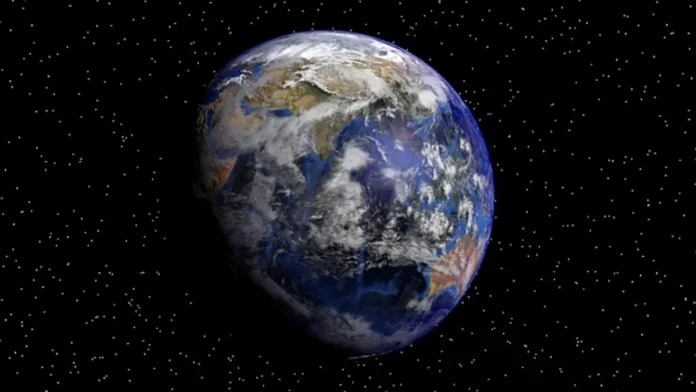Earth’s Spin Set to Accelerate—Changing the ‘Timetable’ of Our Planet
According to a new report, Earth is expected to rotate slightly faster during July and August 2025, causing days to become just a bit shorter than usual. This rare shift could mark the first time a reduction in leap seconds may be considered to adjust global timekeeping.
Precise Dates When Days Will Be Shorter
The website TimeandDate.com has reported that on July 9, July 22, and August 5, Earth will complete its rotation slightly faster than normal. For example, on August 5, the day will be 1.51 milliseconds shorter than the average. While seemingly small, such changes are significant in the field of planetary physics and timekeeping.
Why Is Earth Spinning Faster?
Scientists believe the increase in Earth’s rotational speed is due to internal geophysical activity and mass redistribution caused by melting glaciers. Other contributing factors may include El Niño and La Niña events, which influence atmospheric and oceanic dynamics and may subtly impact the Earth’s rotation.
Unexpected Twist in Timekeeping: No Need for Leap Seconds
Physicist Judah Levine from the National Institute of Standards and Technology (NIST) previously told Discover Magazine in 2021 that the lack of need for leap seconds was “unexpected.” Traditionally, leap seconds were added because Earth’s spin was slowing, but now, scientists are facing the surprising possibility of removing a leap second by 2029 to maintain atomic clock accuracy.
A Look Back in Time: Earth Didn’t Always Spin This Way
Calculations suggest that in ancient times, Earth took between 372 and 490 days to complete one orbit around the Sun. These fluctuations in day length are part of Earth’s dynamic nature and long-term evolution.
Does the Moon Have a Role in This?
Interestingly, the report also points out that on the three dates with the shortest days in 2025, the Moon will be at its farthest point from Earth’s equator. While this could be a coincidence, it adds another layer of mystery to this unique planetary behavior.
What’s Next?
If Earth’s rotation continues to speed up, timekeeping systems worldwide may need adjustment, and 2029 could mark the first year to witness a negative leap second—an unprecedented moment in the history of timekeeping.



